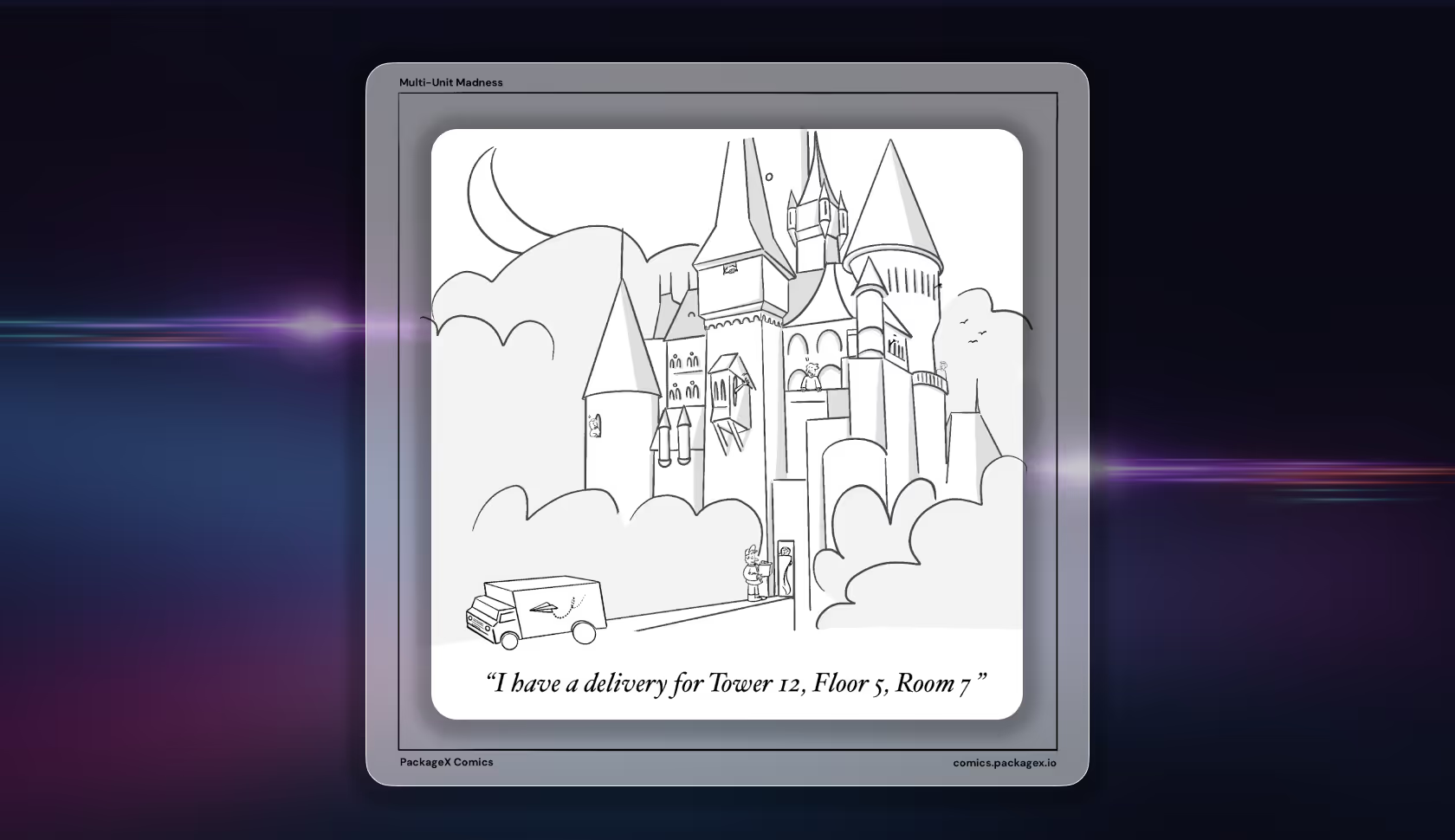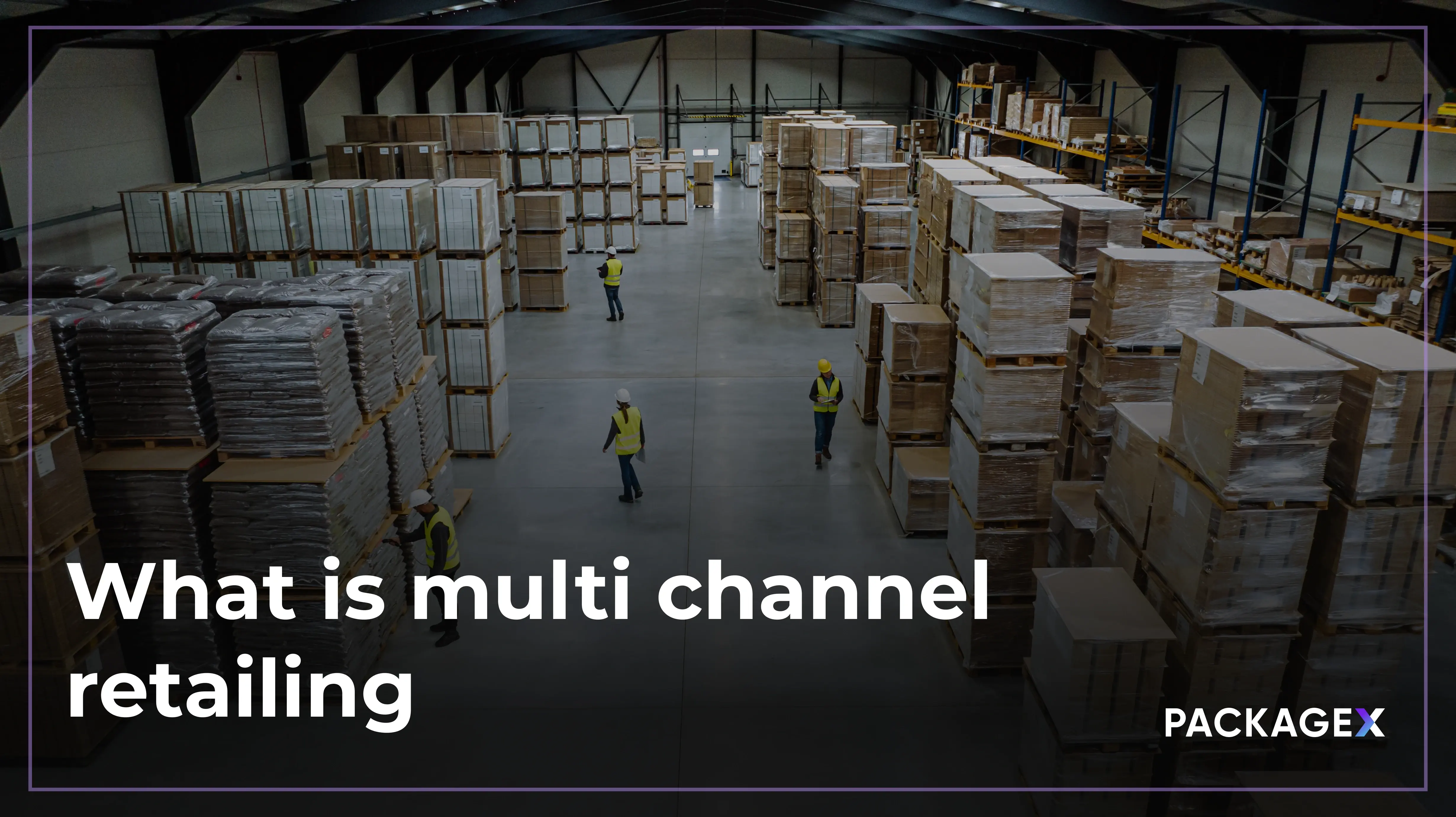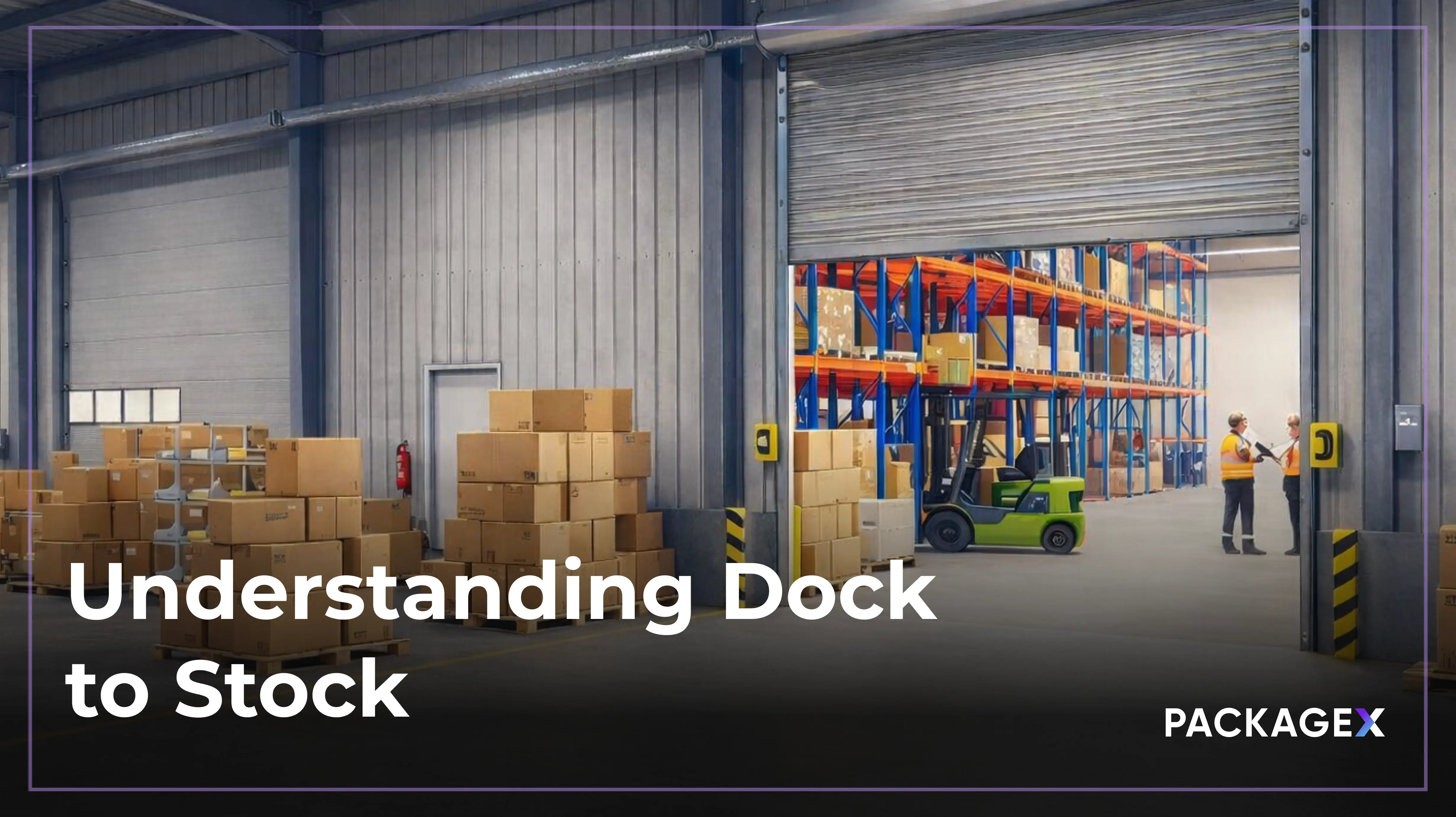Delivery drivers play a pivotal role in the ecommerce landscape but face a significant hurdle in delivering packages to multi-unit buildings. “Finding the right door in multi-unit buildings can take as much as 30 minutes, compared with 30 seconds when making a delivery to a free-standing, single-family home,” according to a Wall Street Journal article.
This happens because of limited and restricted access points. Security measures such as locked gates or keycard systems contribute to delivery delays. Another contributing factor is incomplete or inaccurate address information. Missing apartment numbers, unclear building directories, and outdated information make it hard for drivers to locate the location of package recipients.
Combine this with the sheer complexity and size of some buildings and the job of a delivery driver can be like delivering packages to a castle-like structure where Dracula and his cronies live.
Solutions for navigating the multi-unit maze
Streamline access with collaborative technology
Integration with building management systems or advanced smart access technologies can empower drivers with seamless access to secure entry points. These solutions facilitate a smoother delivery process by bridging the gap between ecommerce platforms and building infrastructures.
Software for this solution is provided by Brivo, Kisi, and LeneiS2.
Enhance address verification systems
Address inaccuracies are a common pain point in multi-unit deliveries. Implementing robust address verification systems during the online ordering process can significantly reduce these errors.
Utilizing geolocation services, prompting customers for detailed address information, and verifying addresses against building directories ensure precision. This not only expedites the delivery process but also minimizes the frustration caused by packages ending up at the wrong location.
Software for this solution is provided by Loqate, Melissa, and Smarty.
Make navigating multi-unit complexes easier
Building managers can implement digital building directories to share navigational information with delivery drivers. These directories, accessible through mobile apps or QR codes, guide drivers directly to designated units. This innovative solution minimizes the time spent searching for the correct location, thereby reducing delays and operational costs associated with building navigation.
Software for this solution is provided by Inpixon, Jibestream, and Pointr.
{{returns-webinar}}
Another solution: software-enabled delivery hubs
In addition to the solutions and software mentioned above, another option eliminates many of the challenges those solutions direct. With a centralized delivery hub, delivery drivers drop packages off at a single location in a multi-unit building, and software takes care of the rest.
With software like Receive from PackageX, recipients are notified when their package is delivered to the central location. From there, they can inform the building staff to deliver, hold, return, or forward the package — all from their smartphone.
This approach optimizes the “last inch” of the delivery process in a profound way that saves delivery drivers hours of needless work and carries millions of dollars in operational overhead. It also enriches the tenant experience, turning a process that once resulted in lost or delayed packages into a value-added service run by building management



.webp)
